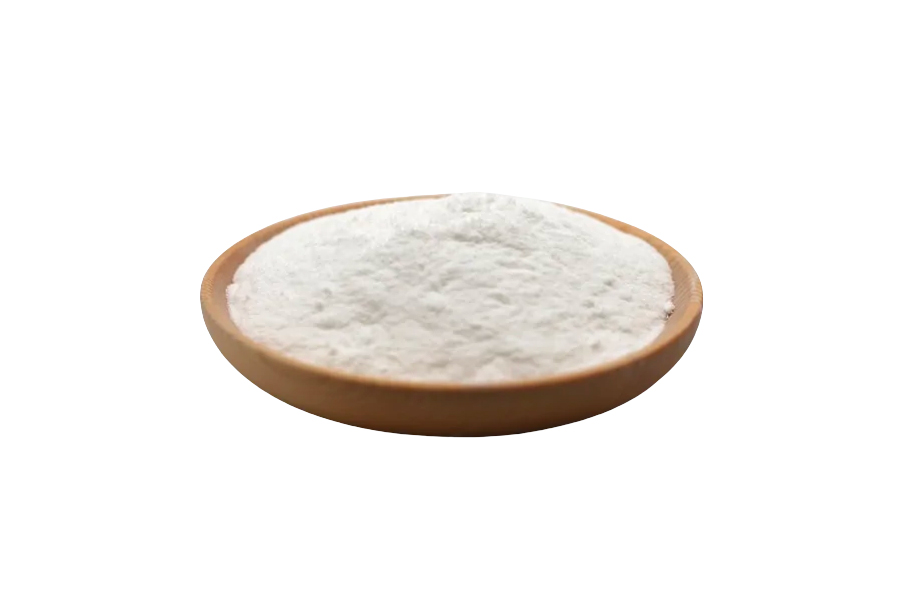What are the nutritional benefits of organic maltodextrin?
Maltodextrin is a type of carbohydrate that is commonly used as a food additive and a thickening agent in the food industry. It is derived from starch sources like corn, wheat, potato, rice, or cassava. However, not all maltodextrin is created equal. Depending on the source and the processing method, maltodextrin can have different properties and effects on the body.
One of the main differences between maltodextrin is whether it is organic or not. Organic maltodextrin is the purest form of maltodextrin, which is obtained from organic products. Organic products are grown without the use of synthetic pesticides, herbicides, fertilizers, or genetically modified organisms (GMOs). Organic maltodextrin is free of chemicals and GMOs, which can have harmful effects on the environment and human health.
Organic maltodextrin has several nutritional benefits that make it a valuable ingredient in food and supplements. Some of these benefits are:
Energy and Carbohydrates
Maltodextrin is composed of glucose molecules that are easily digested and absorbed by the body. It can help replenish glycogen stores in the muscles and liver, which are essential for physical performance and recovery. Maltodextrin can also help maintain blood sugar levels and prevent hypoglycemia, especially for people with diabetes or insulin resistance. Maltodextrin has a high glycemic index (GI) value, which means it can cause a spike in your blood sugar. It’s safe to consume in very small amounts, but people with diabetes should be particularly mindful of how much they consume. Diets consisting largely of low GI foods are beneficial for everyone, not just people with diabetes.
Texture and Flavor
Maltodextrin can act as a thickener, stabilizer, or emulsifier in food products. It can enhance the mouthfeel, viscosity, and creaminess of food, as well as prevent crystallization, separation, or clumping. Maltodextrin can also reduce the sweetness of food, as it has a neutral taste and does not affect the flavor profile of other ingredients. Maltodextrin can be used instead of sugar because the two share similar properties. It can dissolve in water and create a sticky substance, so it’s used as a replacement in some foods to reduce sweetness.
Shelf Life and Stability
Maltodextrin can help preserve the quality and freshness of food by preventing moisture loss, oxidation, or microbial growth. It can also improve the solubility and dispersibility of food, making it easier to mix and consume. Maltodextrin can also withstand high temperatures and acidic conditions, which makes it suitable for various food processing methods. Maltodextrin can also act as a carrier or encapsulator of nutrients, such as vitamins, minerals, antioxidants, or probiotics. It can protect these nutrients from degradation, improve their solubility and absorption, and increase their stability and effectiveness in the body. Maltodextrin can also mask the unpleasant taste or odor of some nutrients, making them more palatable and acceptable for consumers.
Health Benefits
Maltodextrin may have some health benefits, such as:
- It may fight colorectal cancer. A form of maltodextrin — Fibersol-2 — is effective in preventing human colorectal tumor cell growth. This could be because it promotes bacterial fermentation and improves digestion.
- It may support the immune system. Maltodextrin can modulate the activity of immune cells and cytokines, which are involved in inflammation and infection. Maltodextrin can also stimulate the growth of beneficial bacteria in the gut, which can enhance the immune response.
- It may improve exercise performance. Maltodextrin can provide a quick source of energy and carbohydrates for athletes or those needing to increase blood sugar. Maltodextrin can also delay fatigue and enhance endurance by sparing muscle glycogen and increasing fat oxidation.
Organic maltodextrin is a versatile and beneficial ingredient that can be used in various food and supplement products. It can provide energy, improve texture and flavor, extend shelf life and stability, and enhance nutrient bioavailability and delivery. However, like any other carbohydrate, organic maltodextrin should be consumed in moderation and as part of a balanced diet. Excessive intake of maltodextrin can cause digestive issues, weight gain, or blood sugar fluctuations. Therefore, it is important to check the nutrition labels and ingredients lists of food and supplement products, and choose organic maltodextrin over regular maltodextrin whenever possible.





Post Comment
You must be logged in to post a comment.